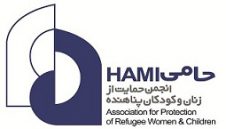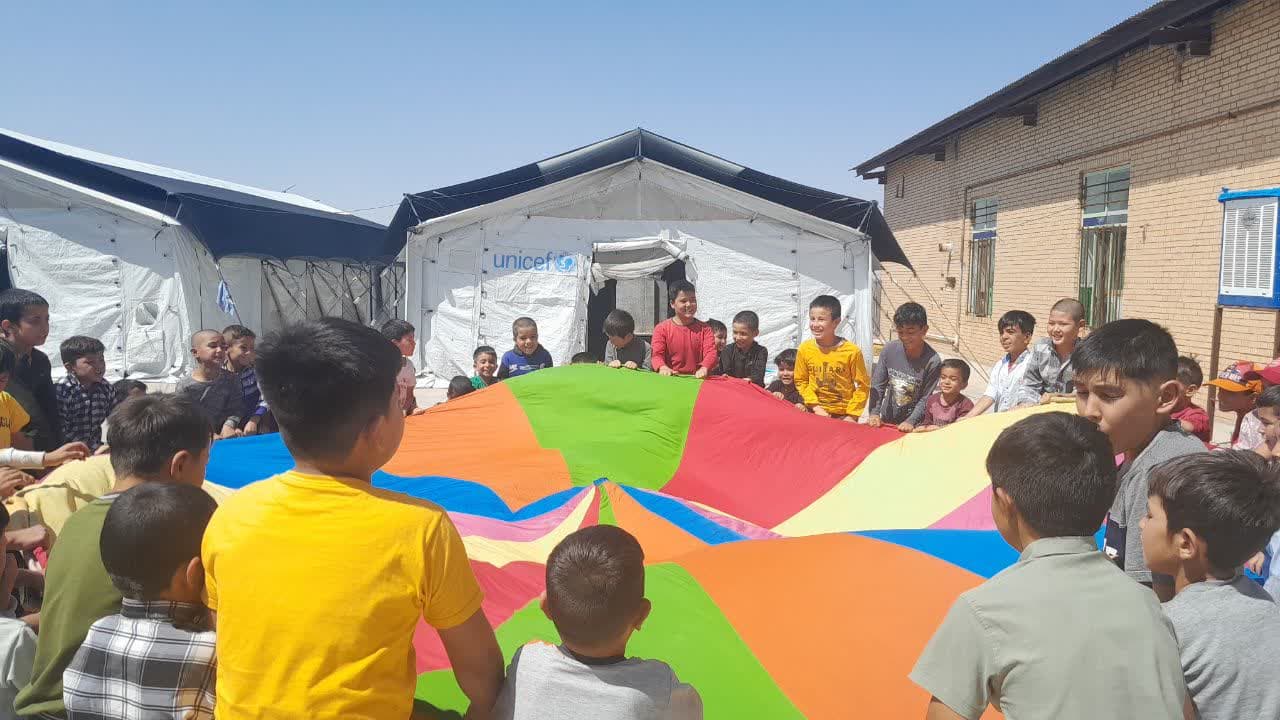HAMI social service hold a life skills training with new methods for refugee children in Torbat Jam refugee camp. The expert advisors and trainers of HAMI organized these workshops for children and teenagers , in order to teach children some of the most important social, mental and health skills by running fun programs
As children are the most vulnerable part of the refugee community, and are in need of essential care to improve their psycho-social capabilities and physical health, we in HAMI try to improve their capacities through playing and fun programs. It seems that teaching life skills based on psychological and social skills necessary for a healthy life is needed and is one of the most important educational requirements for these children.
. The purpose of life skills workshops for children is the effectiveness of life skills, which was implemented among the Afghan refugee children of Torbat Jam refugee camp. During the skills course, trainers taught some subjects to children in four categories of health, aggression, respect and psychological problems.
The educational program had a special emphasis on personal appearance and behaviors of students, reduction of physical and verbal aggression, respect for the rights of others and classroom rules, reduction of psychological problems and cognitive-emotional improvement. we in HAMI believe that in order to make long-term improvements, we need continuous and long-term training to consolidate the skills learned in real-life everyday situations in children and adolescents.
we in HAMI insist on teaching children and young adults critical life skills such as self-awareness, emotional intelligence, effective communication, decision-making, and goal-setting. These skills help youth to make informed decisions and tackle life challenges they may face. In the long run, life skills contribute to self-reliance by enabling young refugees to understand themselves and their potential, build networks with their peers, learn to utilize available resources to solve problems and contribute to the stability of their families and communities.
During the four-day training, young adults participate in interactive sessions, group chats, and role-playing exercises. Life Skills Training provides a safe place for children to be seen and heard. Within this safe place, they discover their identities, learn new skills to cope with everyday challenges, and participate in activities that enhance their social connection with their peers,”

